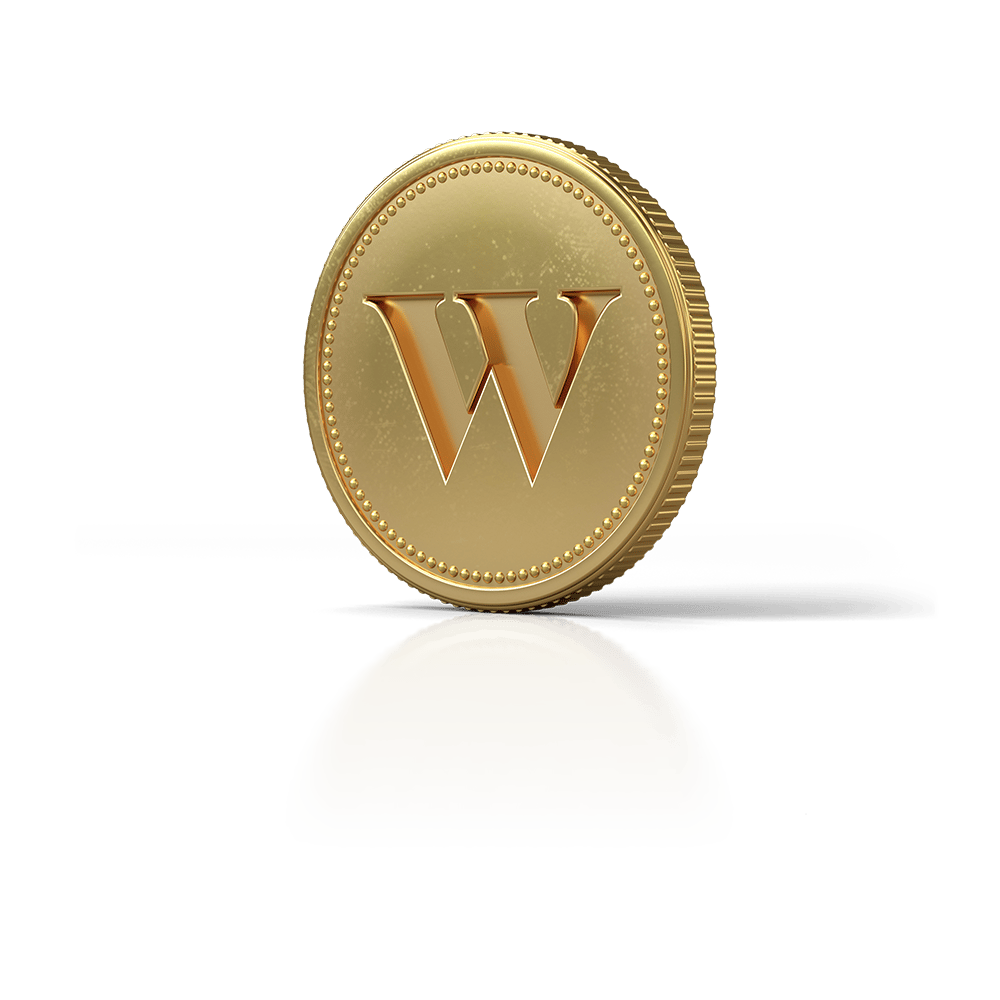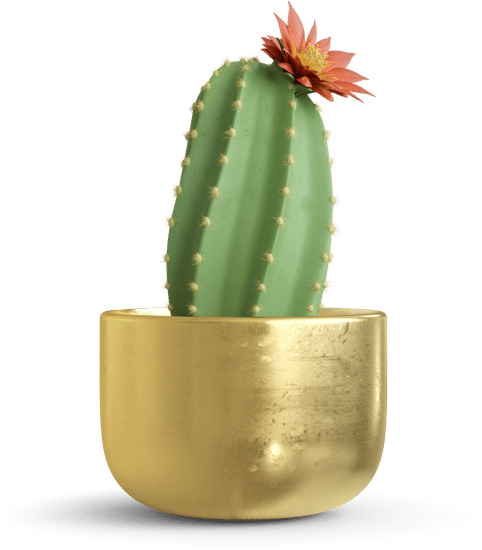Personal Finance 101
Personal finance is the art of managing your money. How much to save, where to invest and how to budget. None of us are born knowing how to put together a smart, simple financial plan. That’s why we’re here.
Emergency funds: What, why, and how much
5 min read
Even if you’re subsisting on $.30 packages of ramen, you still gotta have a kitchen in which you can prepare it. This is where the...
How to File Taxes Online for Free in Canada
6 min read
Learn how to file taxes online in Canada. This guide will go over the different options you have to submit a complete tax filing...
Canada Tax Brackets 2025 | Federal & Provincial/Territorial
6 min read
You know there are tax brackets in Canada — but what are they this year? Wonder no more. Learn everything you need to know about...
Capital Gains Tax in Canada in 2025
7 min read
You may be familiar with the term capital gains, but if you’re not sure about the details or how it might apply to you, this article is...
Everything You Need to Know About Tax-Free Savings Accounts (TFSAs)
5 min read
A Tax-Free Savings Account is one of the great wonders of the world — and one of the great misnomers of the English...
What is the TFSA limit for 2025?
5 min read
Curious to know the TFSA limit for this year or any year since 2009? We've got 'em all, plus other important information about limits.
What is an RRSP? Registered Retirement Savings Plan Explained 2025
4 min read
An RRSP is one of the most important accounts Canadians can use to prepare for retirement. Learn everything you need to know...
Everything You Need to Know About RRSP Contributions
7 min read
A Registered Retirement Savings Plan (RRSP) is a savings account to help you plan for your retirement. Here’s how it works.
RRSP Withdrawals: What You Should Know
7 min read
Thinking of withdrawing your RRSP? Here's everything you need to know about RRSP withdrawals, from withholding tax to withdrawal rules.
Wealthsimple is investing on autopilot.
Explore Other Categories
Other popular articles
See allInvesting
How to Invest in Index Funds
3 min read
Index funds function like a slice of a particular index market by mirroring its composition and performance. This can be great for passive investors, but it comes with caveats.
Accounts
RRSP vs TFSA: The Ultimate Guide
18 min read
We love both RRSPs and TFSAs. They're great retirement-saving tools that offer significant tax benefits. But which account is right for you?
Show your money its worth
Join the 3 million Canadians choosing Wealthsimple as a trusted place to invest, trade, save, and more.



